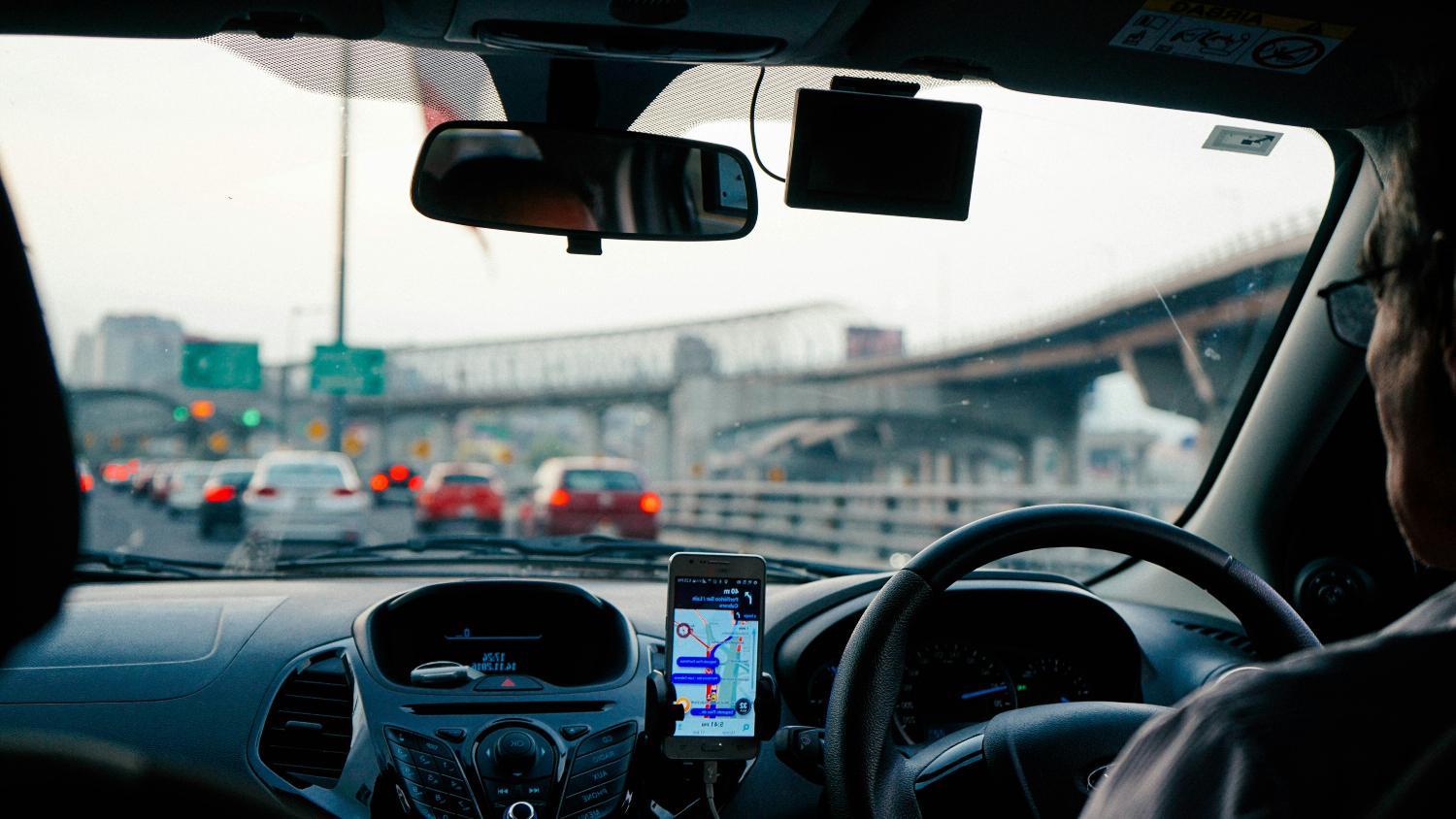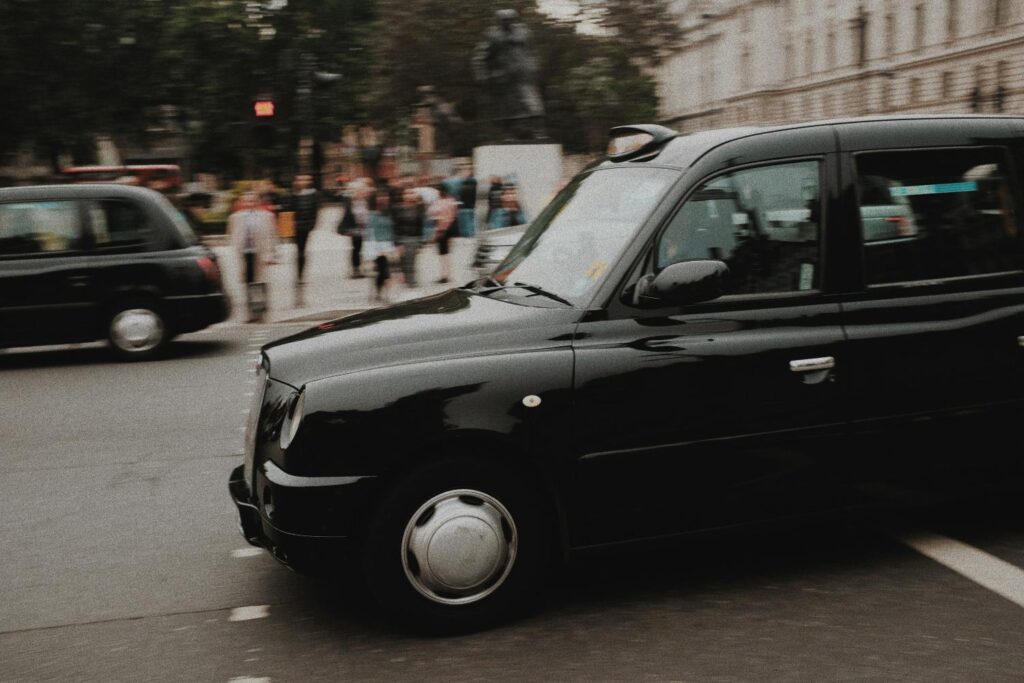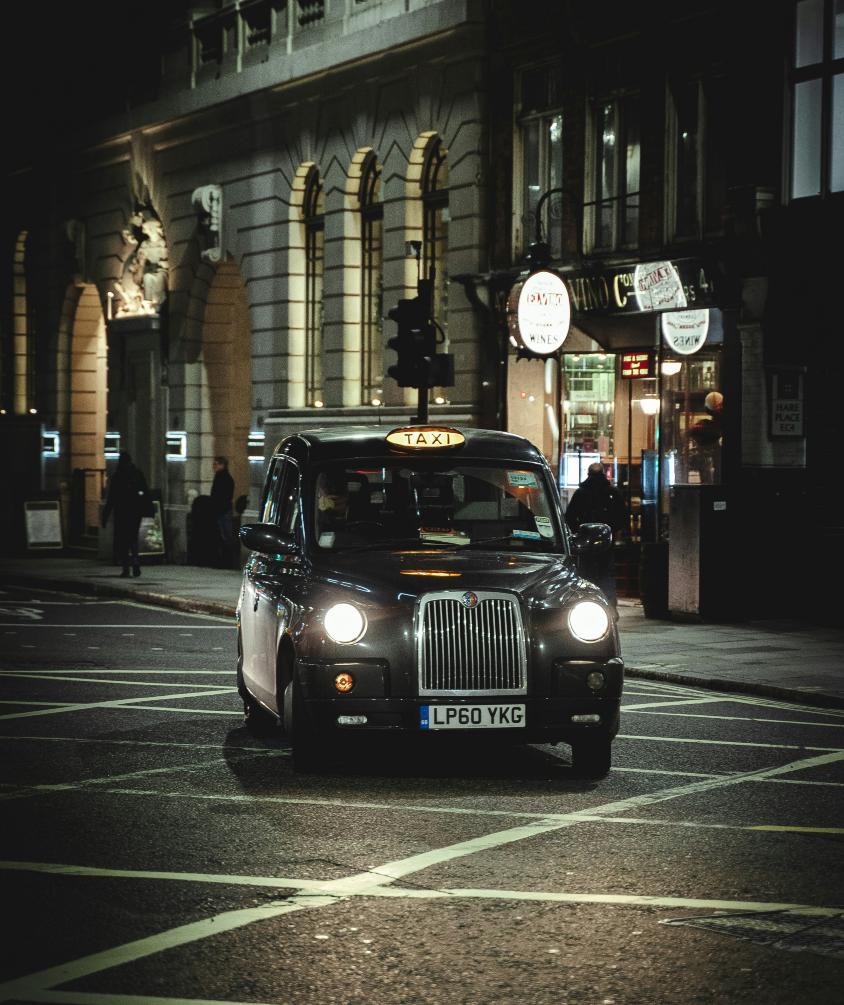What is the Taxi Tax?
All PHV fares, the prices charged by private hire vehicles, will soon require to add on 20% VAT. With an expected increase in fairs, these price increases are set to disproportionately affect the elderly, disabled, and night-time consumers.
This is as a result of recent court rulings, namely Uber’s case before the Supreme Court on employment rights for its drivers. The High Court ruled that in order for PHV operators to accept bookings, they must enter a contractual obligation. This new consideration therefore has VAT implications.

Uber has sought to level the playing field across all PHV operators, inside and outside of London, who will now require to levy VAT on private hire journeys. This however does not affect licensed taxis. Also, TFL has required all PHV drivers levy VAT on fares. The Government now seeks to put in place a coherent tax policy.
So it appears many taxi drivers and agencies have been operating under a misconception for over 50 years. As a result of these rulings and changes, fares are set to rise. Yet, taxi prices rising will disproportionately impact the lower classes, not to mention while we are amid a cost of living crisis, crippling the already stunted consumer-base of nighttime businesses.
Fay Maxsted OBE, CEO of The Survivors Trust, said: “Many people rely on taxis to get home safely after an evening out, especially during night-time when women in particular can feel unsafe and at risk of sexual assault. Our frontline workers, who provide essential services, also rely on taxis for safe transportation during night shifts. We urge policymakers to prioritise safety and ensure transportation is accessible to those who need it.”

What is the Stop the TaxiTax campaign?
The Stop the Taxi coalition is a collective of taxi operators and members of other parties and organisations who will be hit by this tax. Supporters include 100 local minicab and PHV operators, as well as charities and also The Night time Industries Association, The Survivors Trust and The Rural Services Network. The Stop the TaxiTax campaign aims to raise awareness of taxi tax and calls on the government to stop the VAT increase.
The Stop the TaxiTax campaign have put forward statistics such as – (Research by advisory firm Strand Partners reveals that) 74 per cent of those living with disabilities or long-term health conditions are opposed to Chancellor Rachel Reeves’ taxi tax – which would force up fares.

The government estimates that the net effect could be that fares rise by 1.25% to 2.5%, or between £2.70 and £5.60 per year, per consumer. There would also be an increase in administration for drivers, who would need to register and account for VAT.
Yet, at NDML and alongside the NTIA, we predict the impact to be much greater. Businesseswho operate in the night-time economy depend on the taxi trade for custom. 16.2 million people took taxi trips (reports Uber) to a restaurant or bar last year, unlocking £686 million of activity in the night time economy.
Michael Kill, CEO of the NTIA, said:
“Our night time establishments, including pubs, restaurants, and clubs, rely heavily on people using cabs. This new tax would be a hammer blow not just to people enjoying a pint or a night out, but to the jobs and livelihoods of people working in the industry.
“It is already difficult for people to get home after a night out and slapping a new tax on one of the few available options would hurt businesses nationwide. We urge the government to stop the taxi tax to protect jobs, safeguard the night time industry and prevent a massive new tax on working people.”
A spokesperson for the Stop the Taxi Tax campaign said:
“This would be a real blow to people who enjoy a few drinks after work or want to use our hospitality sector and rely on minicabs to get home.
“The Taxi Tax breaks Labour’s manifesto promise not to raise VAT and would make it harder for people to support their local economy. We urge the Government to Stop the Taxi Tax to protect jobs and passengers from dramatically higher prices.”
Whereas, James Murray MP, Exchequer Secretary to the Treasury, said:
“MTD for Income Tax is an essential part of our plan to transform the UK’s tax system into one that supports economic growth.
“By modernising how people manage their tax, we’re helping businesses work more efficiently and productively while ensuring everyone pays their fair share.”
At NDML we are unsure James Murray and other MPs fully understand the affect VAT increases are having on British nightlife and hospitality.
Read more about how out of touch Government policy is with the needs of the nightlife industry by subscribing to the NDML newsletter. We provide updates on insurance, nightclub business issues and legislative changes.







